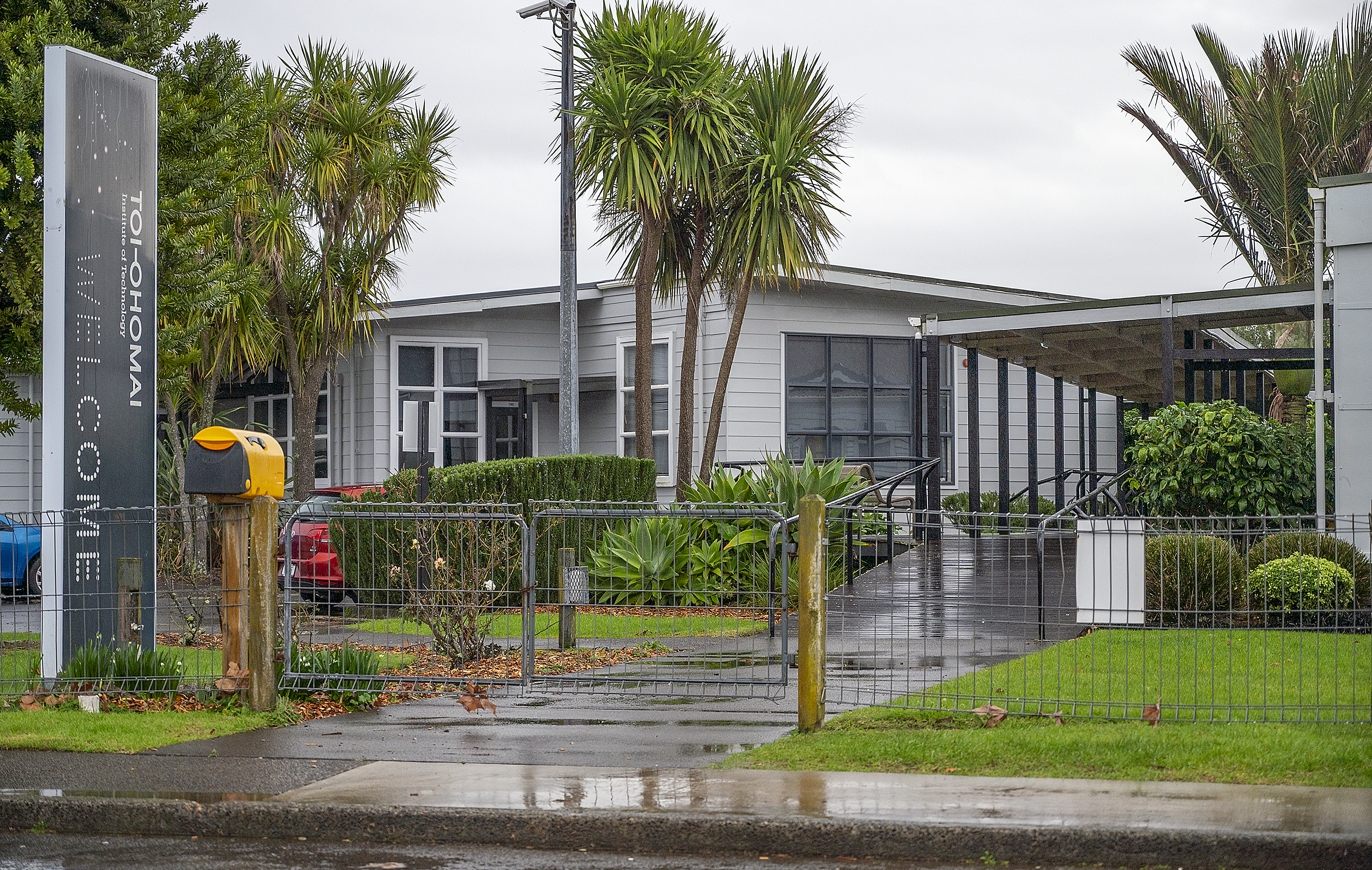Uncertainties linger after Toi Ohomai decision

Brianna Stewart
Toi Ohomai has confirmed its decision to disestablish regional faculty administrator roles in Whakatāne and create a new part-time role, but uncertainty remains.
There were wins – the reversal of proposals to close campuses in Taupō and Tokoroa – and losses – more than 150 full-time equivalent jobs – in the decision announced on Friday.
Toi Ohomai offers vocational education and training with campuses in Whakatāne, Rotorua, Tauranga, Taupō, and Tokoroa.
It has been operating at a loss since 2021 and since it was removed from overarching body Te Pūkenga, Toi Ohomai has been directed to become financially viable.
Of a proposed 166.7 full-time equivalent (FTE) job losses, 152.5 FTE roles will be disestablished.
It was proposed that 102.8 new FTE jobs would be created, and 91.6 FTE roles have been confirmed.
Toi Ohomai received 431 submissions in the consultation period.
Instead of having staff fill 2.4 FTE regional faculty administrator roles in Whakatāne, enrolment and student administration functions will be provided by the “school administration team.”
A part-time regional learning centre coordinator will be hired in Whakatāne.
There were few other details included in the decision document regarding the future of Whakatāne’s campus, which Tertiary Education Union co-leader Ashton Ledger said had caused a lot of uncertainty.
“The decision document is quite scant on details about what is going to happen in Whakatāne. That’s what alarms us; there is a big unknown there.
“We know what is going to happen in Taupō and Tokoroa, but we don’t know what is going to happen in Whakatāne, apart from that they are looking for another location for delivery.”
Toi Ohomai has proposed continuing campus-based delivery in Whakatāne while other options are explored. The organisation currently owns the 1.12-hectare campus on Cutler Crescent, which has a capital value of $3.51 million.
Mr Ledger said although there was confirmation that courses would not be ceased in Whakatāne, the union had no idea what that would look like in practice.
He noted that the confirmed job losses meant local student support was being gutted.
Support would instead be centralised at Toi Ohomai’s two main campuses in Rotorua and Tauranga, to then be delivered to the region – “somehow”.
“The delivery mode has not been necessarily announced, so it leaves big questions.”
He said barriers such as different learning needs in the regions – including lower literacy and numeracy rates – were knocked down by Te Pūkenga because people were available at regional campuses face-to-face.
A lot was now being left up to chance, Mr Ledger said.
“I’m sure [Toi Ohomai] have probably got plans, but without clear detail, even the community does not know what opportunities are going to be there for them.”